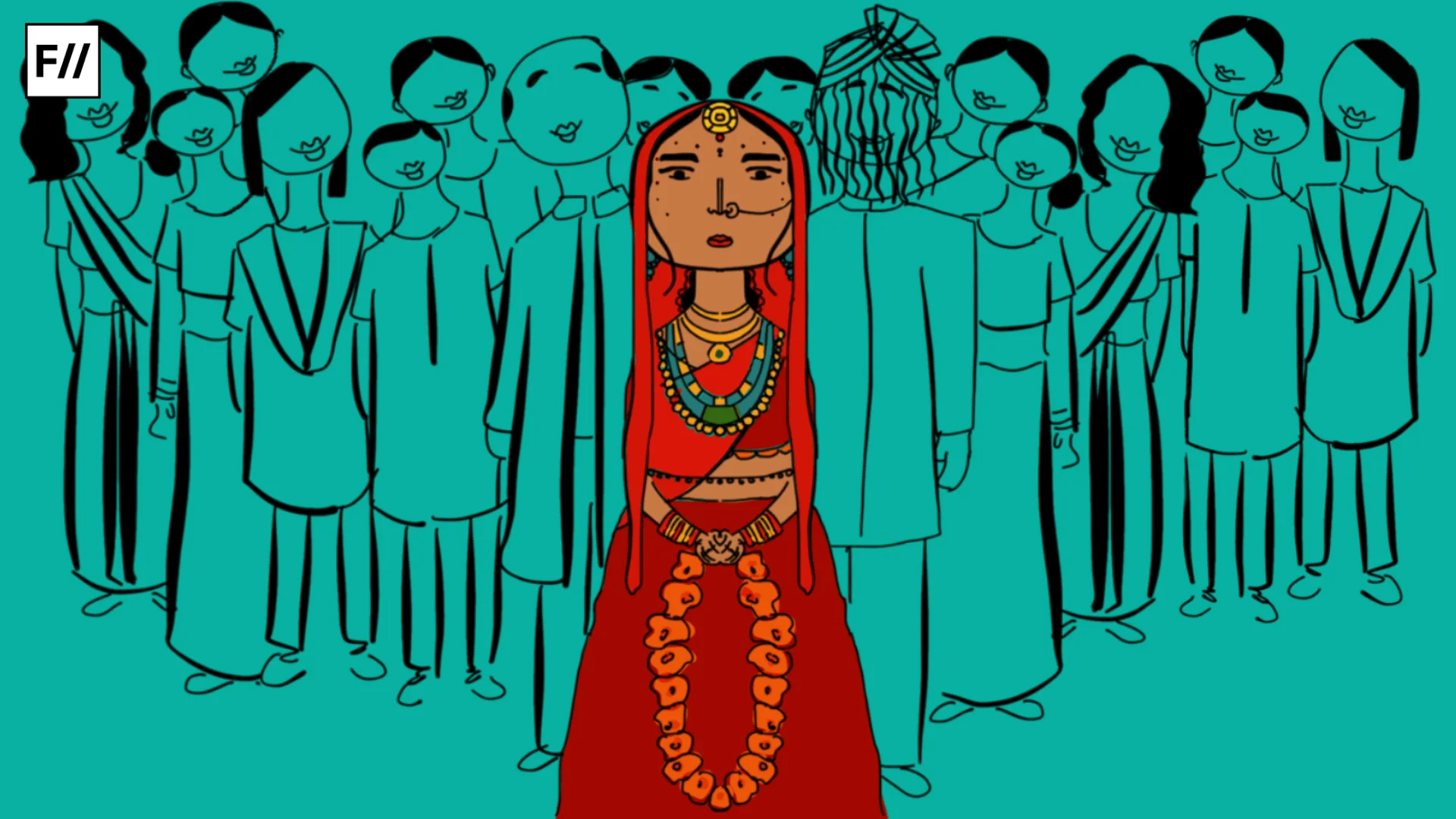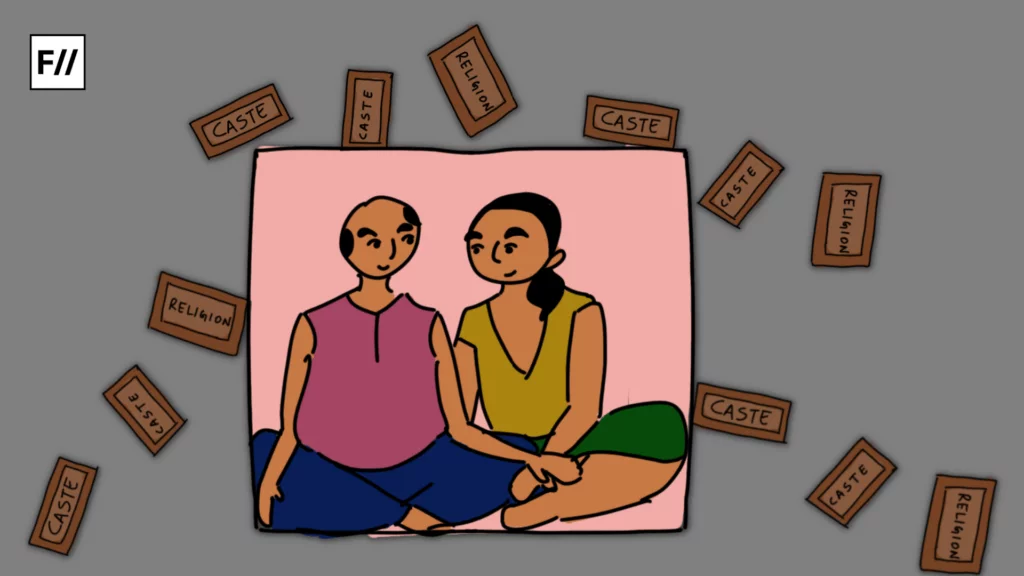Marriage, the legally or formally recognised union between two people as spouses in a private relationship, is one of the most inevitable things in human life. As the concept fulfills various societal and cultural needs, including promoting healthy behaviours, companionship and emotional well being rather than a form of social contract, Marriage holds a vital role in society and plays an integral role in the formation, survival, economic gain and cultural development of a public collective.
Marriage, the legally or formally recognised union between two people as spouses in a private relationship, is one of the most inevitable things in human life.
Many religions see marriage as a sacred and meaningful bond with spiritual and moral importance. Married people experience lower morbidity and mortality across such diverse health threats as cancer and heart attacks. Although It possesses various meanings to individuals entering into, marriage can be experienced as: a legal tie, a romantic ideal, a privileged sexual affiliation, a relationship of hierarchy and subordination, a means of self-fulfillment, an economic relationship, a way to ensure against poverty and dependency.
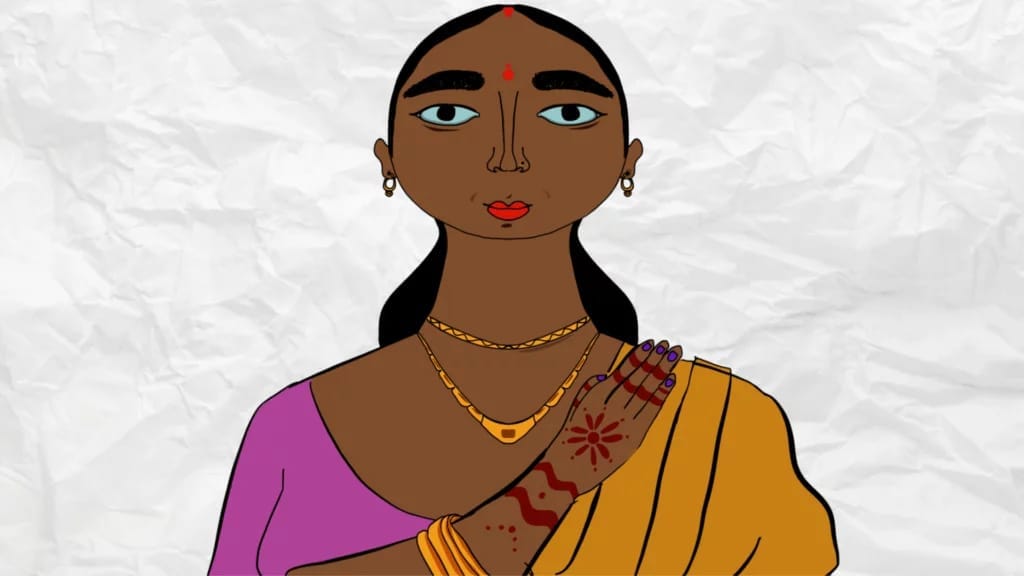
It still largely remains an economic proposition, with built-in interests like dowry. It has always been connected to the idea of financial obligation. But over time, it’s become something that puts a lot of stress on families.
Marriage and dowry
Dowry refers to the property or money given by the bride’s parents to the groom. Coming to the social context of Kerala, dowry remains a traditional practice deeply rooted for centuries. Historically, dowry served as a medium of providing financial security to brides in unexpected situations such as widowhood or divorce, and as a discipline of families’ social status and prestige. However, over time dowry evolved into a system of material needs and transactions. This often led to exploitation and sexism.
Contemporary interest in dowry systems in Kerala reflects a complex interplay of traditional values, modern influences, and economic factors. Although the traditional code of conduct of giving gifts and financial assistance to the bride remains, trends in dowry claims have gradually increased with families sometimes taking drastic proceedings to meet such expectations. Social pressure to display marital wealth and coercive conditions to reveal family status contribute to the perpetuation of the dowry culture. Such instances of inability to pay high dowries lead to interstate marriages.
Interstate marriages
The term ‘Interstate Marriage’ is widely used. It refers to the crossing of state boundaries between cultures and ethnic groups for the purpose of marriage. Looking back in history, there are many cross-border marriages. By the early 1970s, the number of interstate marriages had steadily increased, mostly among Kerala, Karnataka, Haryana and Tamil Nadu. There are different types of interstate marriages like Haryana wedding and Mysore wedding and transnational weddings like Mali wedding and Arabic wedding.
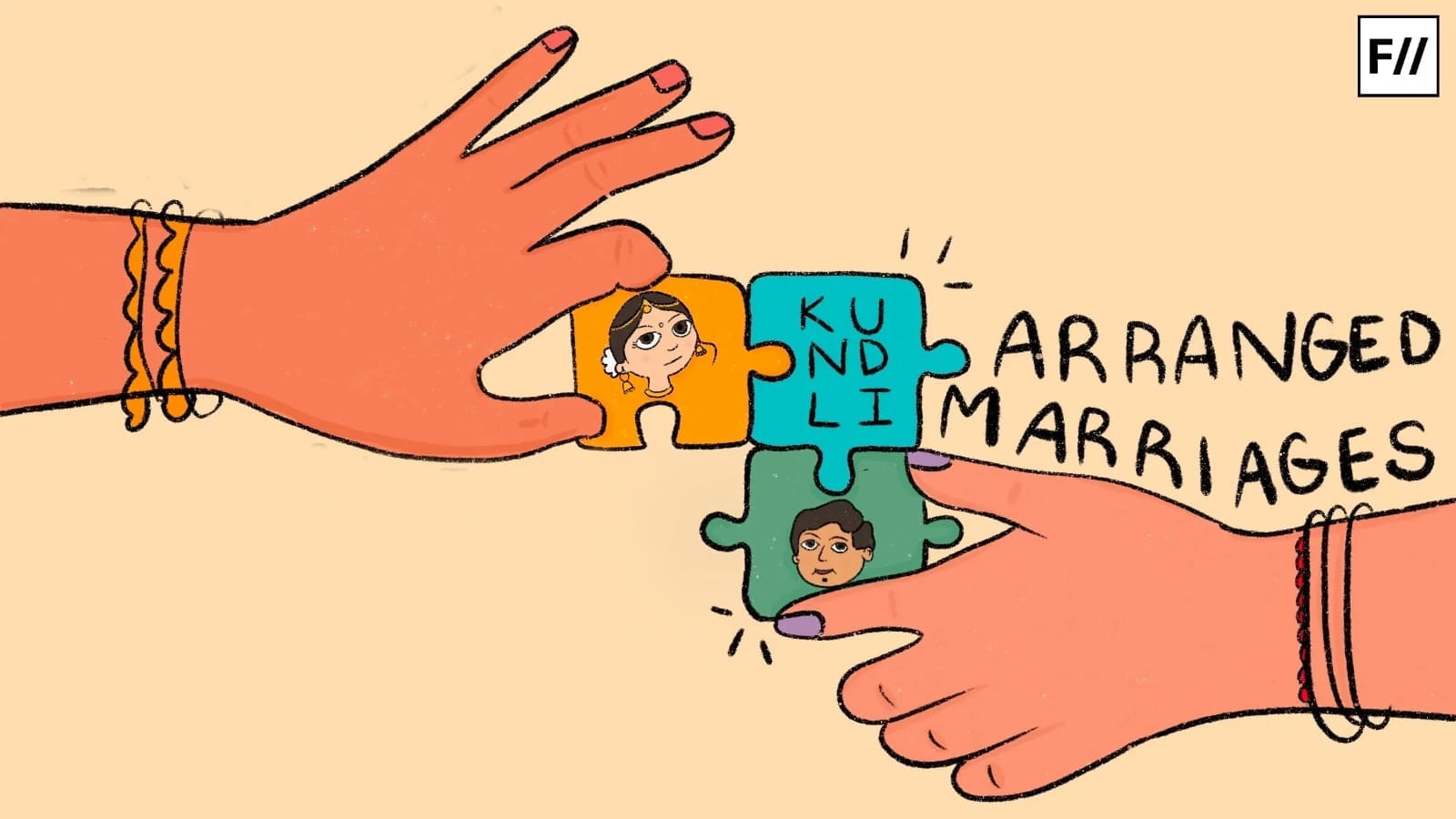
Interstate marriage gained more attention among scholars and policy makers as the desire of men and women to marry in other states increased and there was a great rush of young women to the states near Kerala as brides. But the face of such marriages in South India was quite different. Cases of women being subjected to atrocities like marriage fraud, dowry abduction and desertion have piled up in equal proportion to such interstate marriages.
According to the NLA (National Level Analysis) in India, marriage migration is one of the most important migration issues related to women. Studies add that women in India move to live with their husbands’ families as part of marriage, making it the largest permanent migration in the world. Across India, a majority of women above the age of 22 have left their native land, and in northern states over 90% of women have migrated for marriage. Of the 65 million women who engaged in migration in 2001, 63 percent indicated that marriage was the reason for migration.
Mysore weddings
Mysore weddings were one of the most abused practices in Kerala. Desertion has emerged as one of the main issues that have highlighted the debates of women’s activists, media and NGOs (Non-governmental organisations) for decades in northern Kerala, where incidents of ‘Mysore marriages’ are high.
Within a few days after the wedding, grooms have little arguments with their brides for trivial reasons and then it reaches domestic violence.
Within a few days after the wedding, grooms have little arguments with their brides for trivial reasons and then it reaches domestic violence. Studies suggest that inverse gender ratio, extreme poverty and parents’ desire to avoid huge dowries are the reasons behind cross-border marriages such as the Mysore wedding. This type of migration takes place when poverty appears as a compelling factor preventing common people from meeting the high dowries demanded by the groom’s family.
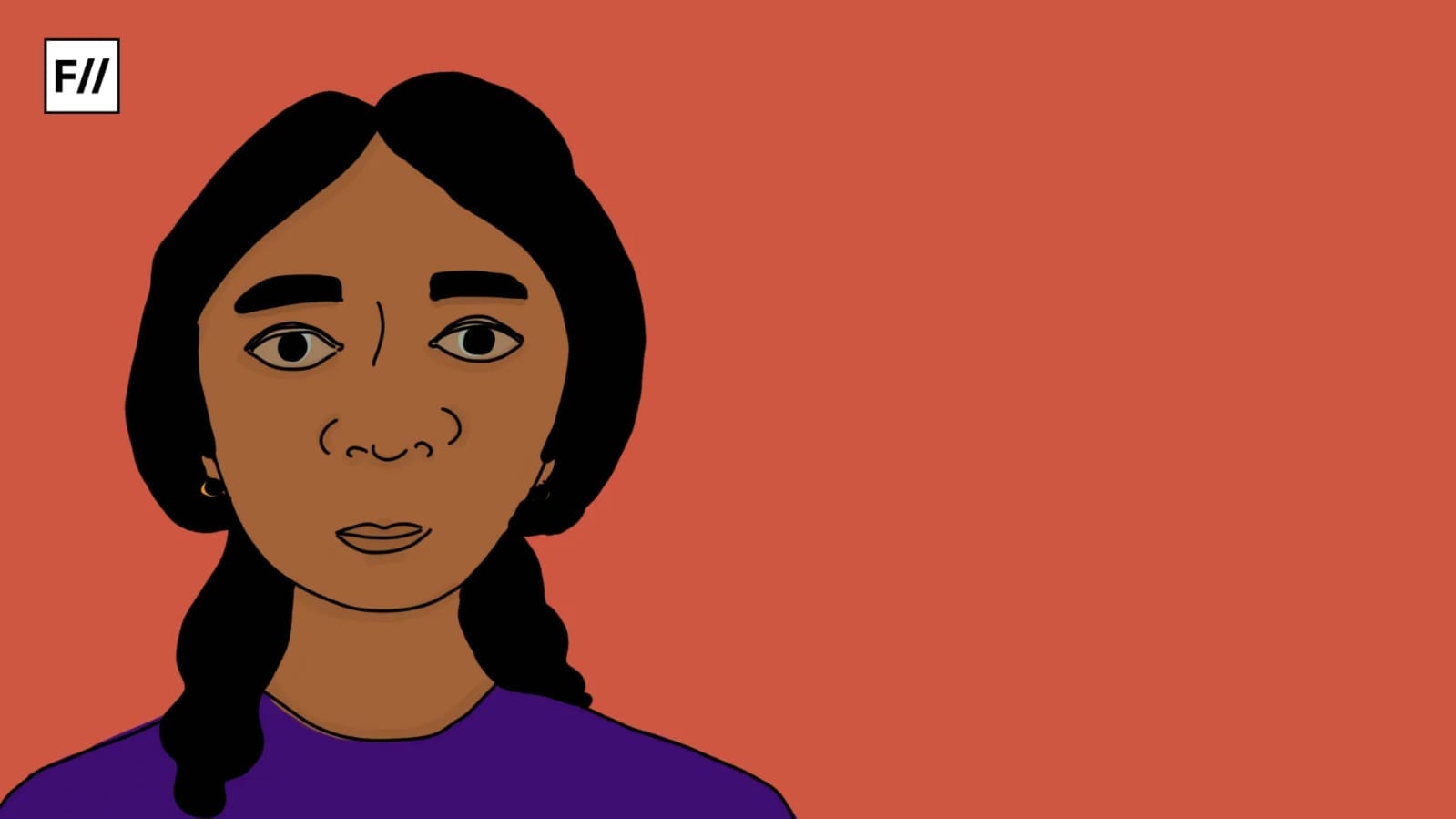
A survey conducted for the State Women’s Commission points out that marriages from the Karnataka regions are concentrated in the Malabar districts, like Wayanad, Malappuram and Kannur districts of Kerala, and that most of the female victims have studied up to middle school and only a few have attained graduate level. Girls from below poverty line families are forced into these types of marriages even after knowing that the matter is serious. A study conducted by a columnist of The Hindu reveals that poverty, educational backwardness and heavy dowry are the main reasons behind such early marriages.
Consequences
The legal solidity of many of these low dowry marriages is questionable. Continual attacks on the bride take a toll on the health of the young women and leave them mentally exhausted after being abandoned. Poor health of young women due to lack of essential needs eventually leads to divorce. Women who undergo interstate marriages face serious problems such as unfamiliar language and culture, poor living conditions, economic dependency and domestic violence.
Until recently, India had a situation where parents were forced to go to the ends of the country to send their daughter as a bride because they could not face the social stigma of having an unmarried daughter at home. People who are divorced or abandoned, even if not legally, don’t talk about the violence or emotional conflicts they have experienced due to social disgrace. Rather they want to protect their family which includes their children. Because of this, most of the abandoned cases go unreported.
Despite the painful situation, the married girls never got any kind of security or support even from the husband’s family and were not given any livelihood.
Despite the painful situation, the married girls never got any kind of security or support even from the husband’s family and were not given any livelihood. It is a sorrowful fact that none of the Mysore marriage victims had any knowledge of the legal procedures for divorce and compensation. Parents send their children as spouses with the comfort of marrying legally despite knowing that the bride will be deserted by her husband in the future.

These types of weddings shape women into the only possibility of becoming someone else’s life partner. Addressing the issue of Mysore weddings and others requires urgent legal reforms to protect them, social awareness to challenge dowry norms, and economic support to empower families against coercive marriages.
